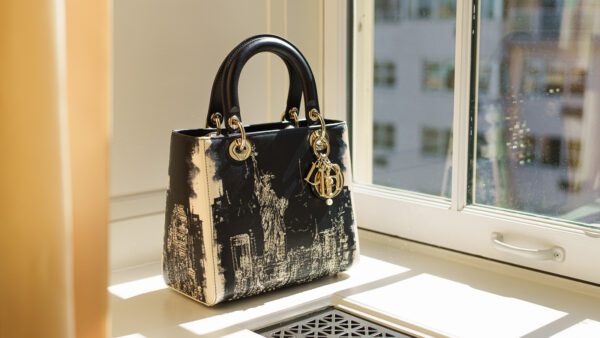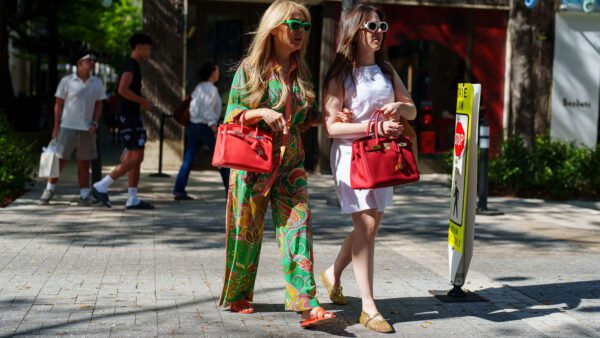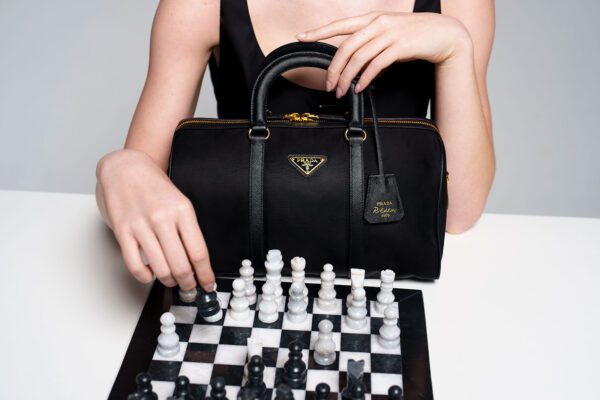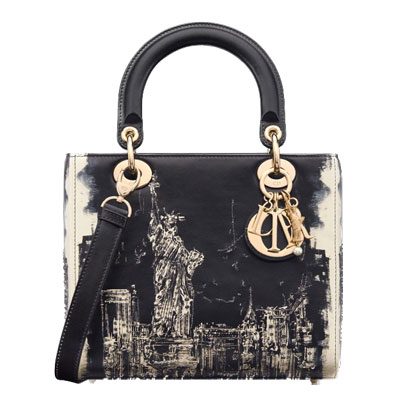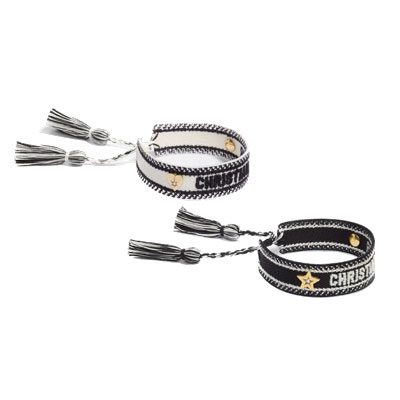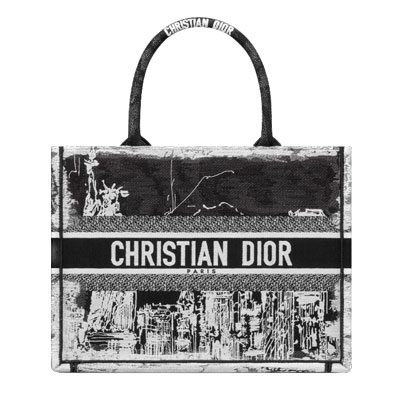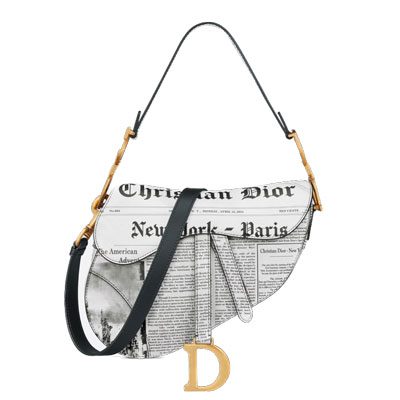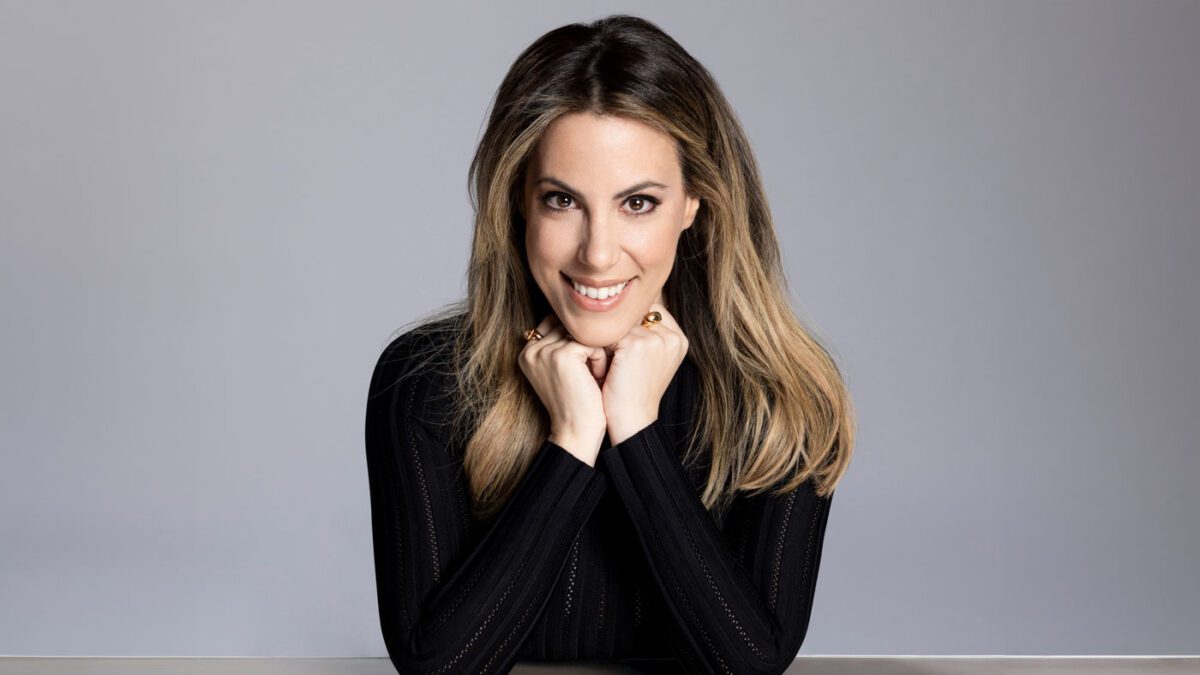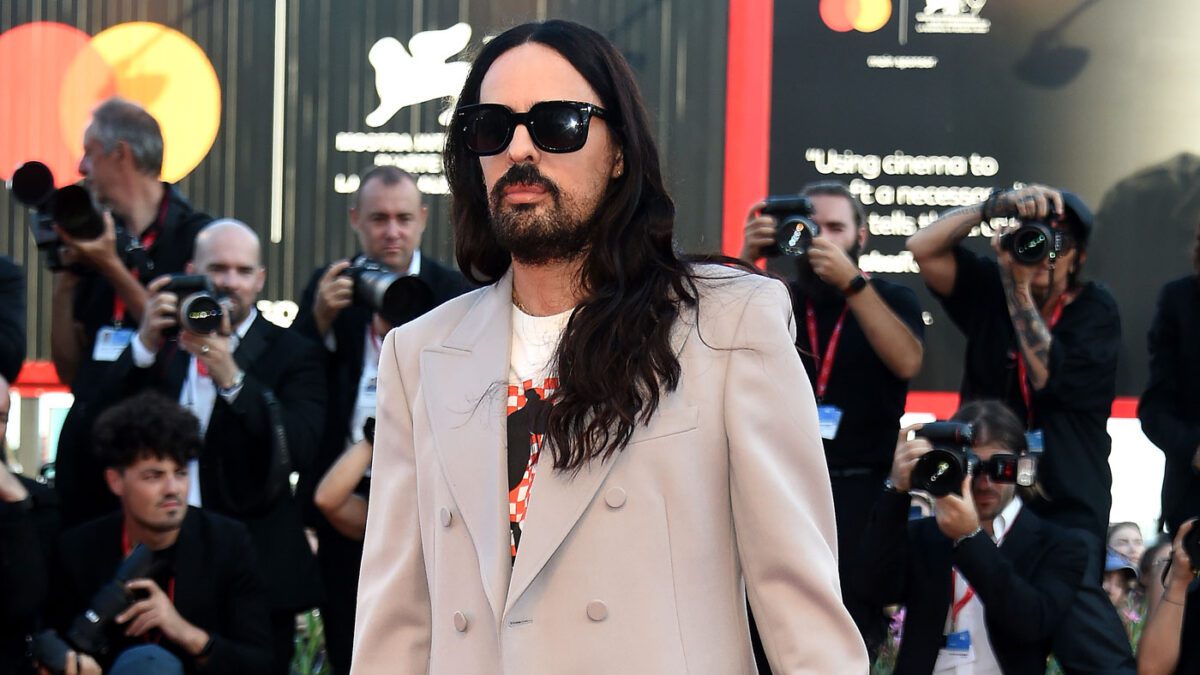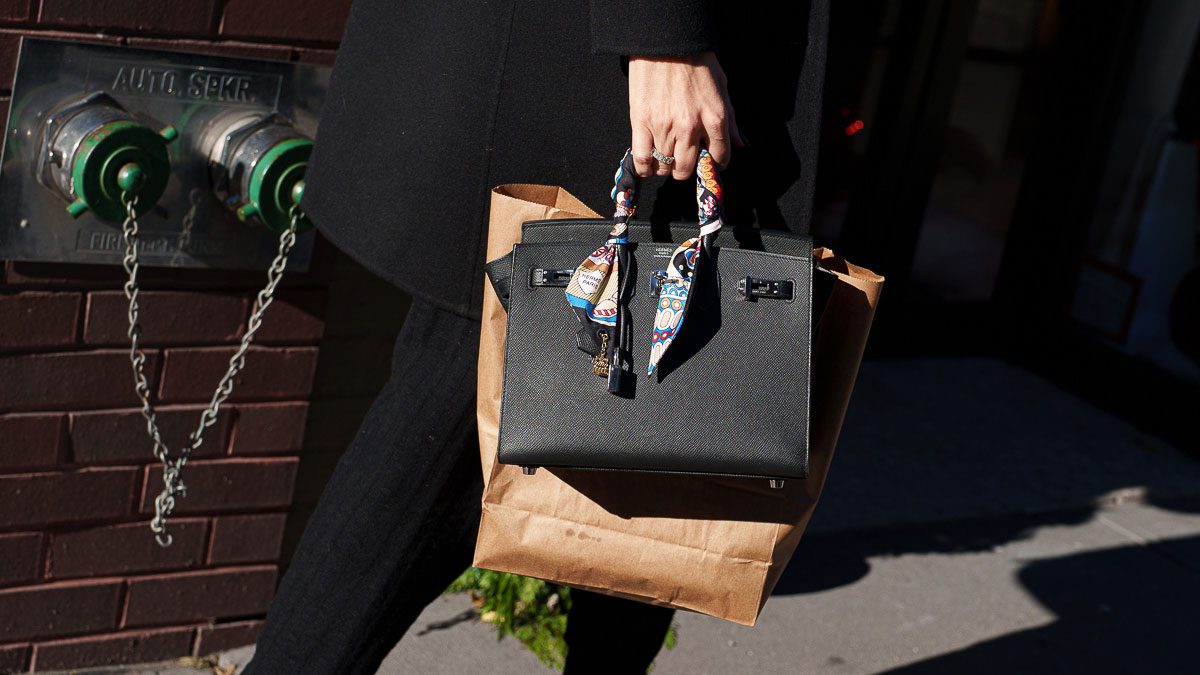One of my first luxury handbags was a stunning Prada hobo that I sat up until the wee hours nervously watching and bidding for on eBay. These days I indulge my vintage handbag habit on sites like The RealReal, which guarantees the authenticity of every bag their vendors put up for sale and offers a wide selection of vintage and on-trend items.
I’m not alone in my passion for consignment shopping. The sixth annual resale report from Thread Up says one in three shoppers made a purchase from a reseller. Millennial second-hand shoppers are on track to grow the resale market to an estimated $44 billion annually by 2022.
But our days of late-night shopping could be numbered. If you love shopping at any of the popular resale sites, you might want to grab that Old Celine or new Gucci at a price that won’t break the bank while you still can. The booming consignment market has attracted the attention of luxury brands famously concerned about discount pricing and counterfeit items diluting their prestige. Industry watchers and analysts predict it might not be long before your favorite brands launch their own resale consignment sites to get a piece of the lucrative resale market for themselves.
It’s easy to understand luxury’s sudden interest in resale. According to the Wall Street Journal, The RealReal sold $700 million worth of clothes, bags, jewelry, and shoes and the luxury houses definitely want a piece of that consumer pie. Designer-owned resale services would give high-end brands the ability to control prices as well as increase their claims of sustainability, a significant factor in the buying decisions of many millennial shoppers.
Authenticity is key to any successful resale venture. Shoppers are understandably hesitant to shop pre-owned luxury goods unless they can be assured that they are buying an original and not a fake. The RealReal promises that its detailed vetting process is much more involved than taking a few photos and uploading them to eBay. Potential consigners go through a complex authentication process to ensure the items are exactly what they claim to be before they can be sold on the site. Potential sellers send their goods to be evaluated, then merchandised, uploaded and eventually shipped to buyers.
Right now there are just a handful of luxury brands experimenting with their pre-owned ventures. The most notable is Stella McCartney, the only designer who has chosen to partner with The RealReal. Customers who consign their Stella McCartney items on the site receive a $100 gift card for the Stella McCartney store. McCartney says the collaboration with The RealReal is part of her commitment to sustainability and the “circular economy” that is a cornerstone of her brand. The brand’s commitment to sustainability won’t change with her new affiliation with LVMH. CEO Bernard Arnault said in a statement that McCartney’s prominent role as a sustainability ambassador echoes LVMH’s commitment as well. (LVMH also owns Louis Vuitton, Christian Dior, Fendi, Loewe, Marc Jacobs, and Celine, among other luxury brands.)
While many designers wait to see if and how LVMH brands approach the resale market, a handful of designers are working out solutions of their own. For example, Eileen Fisher, the popular sportswear designer, launched Eileen Fisher Renew. Customers may return used items in any condition for a small store credit per item. The used items are cleaned and refurbished for resale in the renew store. Clothes that are literally beyond repair are refashioned into pillows, wall hangings, and one-of-a-kind artwork.
Even if the top luxury labels take back only a fraction of their items in circulation and encourage returns with rebates and discounts, it could still make those items much harder to find on resale sites. Louis Vuitton, Gucci, and Chanel alone are responsible for 16% of the total resale handbag listings according to the WSJ.
Not all brands considering their own pre-owned sites are motivated by a need to save the planet. Chanel, for example is currently engaged in battles with resale sites they claim are knowingly selling counterfeit bags and do not have the authorization nor the skills to authenticate Chanel items. In November 2018, Chanel filed a biting lawsuit against The RealReal for selling what it alleges were seven counterfeit handbags. The iconic French fashion house argues that the reseller “attempted to deceive customers into falsely believing that The RealReal has some kind of approval from or in association with Chanel.” In reply, The RealReal said “Chanel’s lawsuit is nothing more than an alarmingly thuggish effort to stop consumers from reselling their authentic used goods, and to prevent customers from buying those goods at discounted prices. They are trying to stop the circular economy.”
The case is still pending, but regardless of the outcome, Chanel may have been able to convince some customers and remind others that the only way to know if you have a genuine Chanel bag—new or used—is to purchase it directly from Chanel.
While some luxury brands nibble at the edges of the resale market and Chanel continues its fight in court, consignment sites will continue to be an option for many consumers for a variety of style, budget and environmental reasons. However in a fast moving retail landscape, our consignment options could change quicker than you can say “add to cart.”


